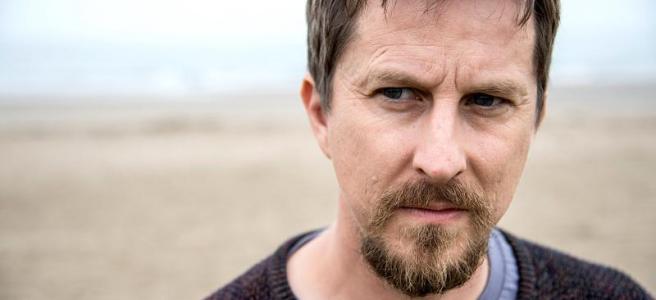I find myself writing stuff like this about crime dramas a lot. The last time, I think, was that Cormoran Strike thing (or CB Strike, as it’s inexplicably called in America – where does the B come from?) but it comes up often enough; Broadchurch was quite the offender back when it was on, actually.
Admittedly, this might be a personal thing, where I’m just not a fan of twist endings exactly; more likely, though, it’s that a lot of these twist endings are bad at being twist endings. Frustratingly I don’t think I ever quite get these articles right, in terms of expressing what I’m getting at; I think I need to go and look up, like, Aristolean unities so I know how to articulate what I mean, assuming those are what I think they are at least.
